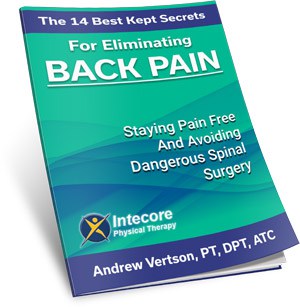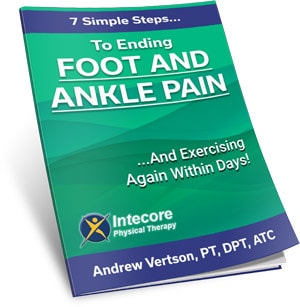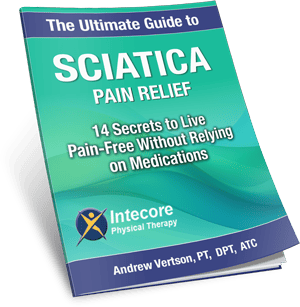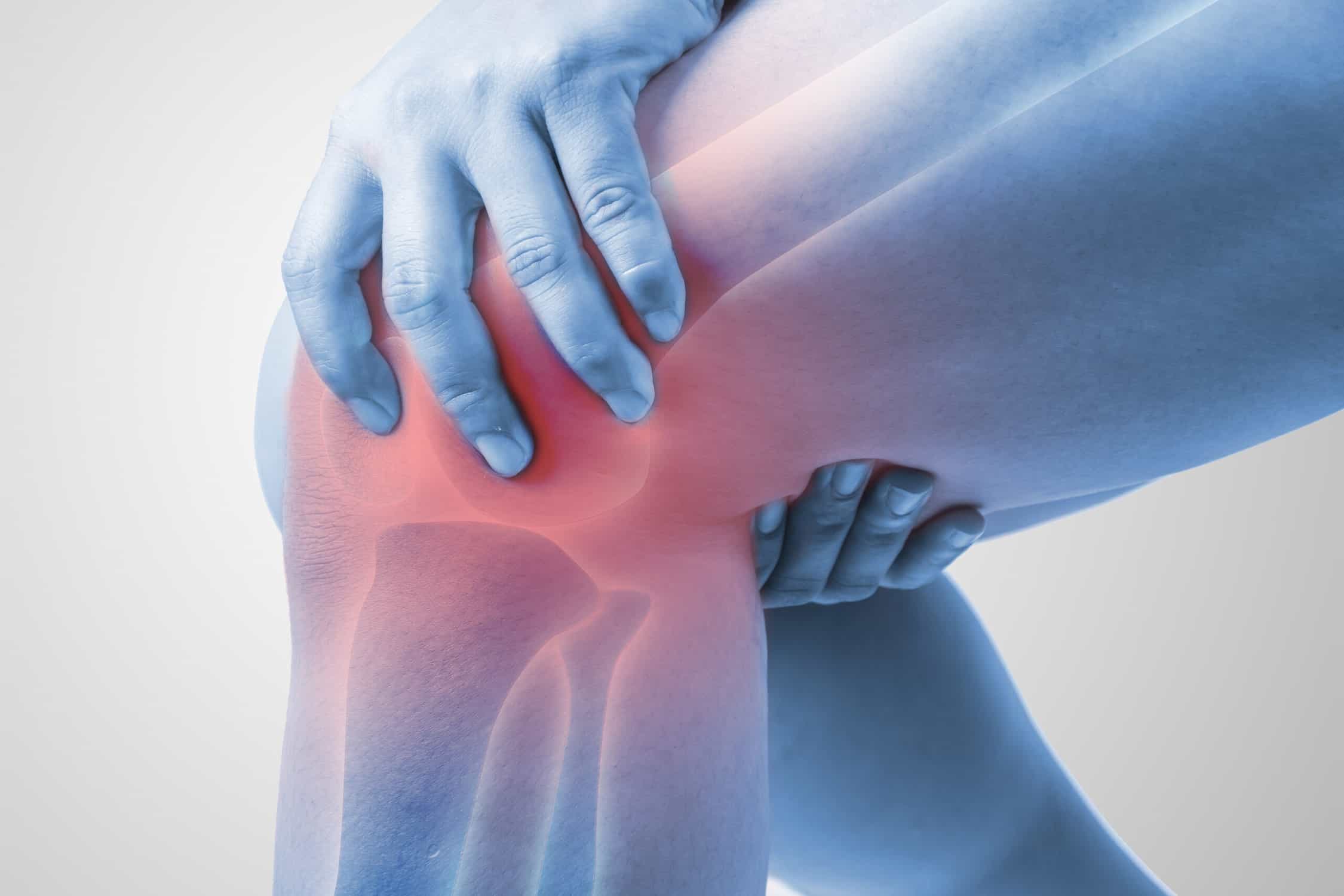
Have you ever twisted your knee during a game or a run and felt that unmistakable pain signaling something wasn’t right? If that led to a diagnosis of a meniscus tear or strain, you’re likely wondering just how long it’s going to sideline you from the activities you love and how long does it take a meniscus tear to heal.
Meniscus tears are a common yet frustrating injury, especially among those of us who lead active lifestyles. Understanding the road to recovery is crucial for getting back on your feet. So, how long does a meniscus tear actually take to heal? Let’s explore what you need to know.
Table of Contents
Understanding the Meniscus
First things first, let’s talk about what the meniscus is. Picture the meniscus as your knee’s built-in shock absorber. Located between your thigh bone (femur) and shin bone (tibia), these C-shaped pieces of cartilage help cushion and stabilize your knee joints during movement. Unfortunately, they can tear during activities that put pressure on or rotate the knee joint. There are a few types of tears—radial, horizontal, complex, and bucket handle—each affecting the knee differently.
How Long Does A Meniscus Tear Take To Heal? Factors To Consider
When it comes to healing from a meniscus tear, not all journeys are the same. Several factors play critical roles in determining the duration of your recovery. Let’s delve deeper into each of these aspects:
Age and Health
- Younger Bodies: It’s a well-known fact that younger individuals tend to bounce back quicker from injuries. Their cells regenerate faster, and their bodies are generally more resilient. However, this doesn’t mean age is the sole determinant of healing speed.
- Overall Health: Your body’s current health status significantly affects recovery. Individuals with robust immune systems, good circulation, and without chronic diseases usually experience quicker healing times. Pre-existing conditions like arthritis can complicate recovery, as they may slow down the healing process and affect the knee’s functionality.
Type of Tear
- Complexity of Tear: Not all meniscus tears are created equal. Simple tears, which are often smaller and located on the outer edges of the meniscus (where blood supply is better), tend to heal faster. In contrast, complex or larger tears, especially those in the inner two-thirds of the meniscus where blood flow is limited, might not heal as readily and could require more intensive treatment.
- Location and Pattern: The tear’s location and pattern also influence recovery. Certain patterns, such as longitudinal tears, may heal better if they’re surgically repaired, while others like radial tears might present more challenges due to their nature.
Treatment Method
- Conservative Treatment: Not all meniscus tears necessitate surgery. Minor or moderate tears might heal with rest, ice, compression, elevation (RICE), physical therapy, and modifications in activities. This non-invasive approach encourages natural healing but requires patience and discipline.
- Surgical Interventions: Some tears, especially those that don’t heal with conservative treatment or significantly impair knee function, might require surgery. The type of surgery—meniscectomy (removal of the damaged meniscus part) or meniscus repair—also affects recovery timelines. Repairs, aiming to preserve the meniscus, generally have longer recovery periods but can lead to better long-term outcomes.
Lifestyle Factors
- Activity Level: Your usual activity level and how you modify activities during recovery can influence healing. Staying active within the limits of your physical therapist’s recommendations can help maintain muscle strength and joint mobility, but overdoing it can set back recovery.
- Nutrition: Good nutrition is crucial. A diet rich in vitamins, minerals, and protein can support tissue repair and overall health, potentially speeding up recovery.
- Habits: Smoking can impair circulation and oxygenation of tissues, slowing down the healing process. Similarly, excessive alcohol consumption can negatively affect your body’s ability to heal.
The Role of Physical Therapy in Meniscus Tear Healing
Physical therapy is important to mend a meniscus tear, serving those who have undergone surgery and those opting for non-surgical treatment paths alike. Through a bespoke blend of techniques, physical therapists can help to alleviate pain, enhance joint flexibility, and fortify the muscles supporting the knee.
This personalized recovery strategy is meticulously crafted to address your unique situation, with a clear aim: to restore your ability to engage in daily activities and hobbies without risking further injury. The goal is not just to heal the tear but to reinforce your knee’s resilience, ensuring you can return to your passions and routines with confidence and strength. To find out more, you can make an inquiry here.
Tips for Enhancing Recovery
To support your healing process to heal a torn meniscus, consider the following:
- Lifestyle Adjustments: Eat a balanced diet, avoid knee-straining activities, and don’t rush your recovery.
- Exercises: Follow a physical therapist-approved exercise plan to strengthen your knee and improve flexibility.
- Adherence: Stick to your recovery plan and attend all physical therapy sessions to ensure the best outcome.
Recognizing and Managing Setbacks
Keep an eye out for signs of complications, like increased pain or swelling, and reach out to your healthcare provider if you’re concerned. Setbacks can occur, but with the right management, they don’t have to derail your recovery.
Ready To Get Help With Physical Therapy?
Healing from a meniscus tear requires patience, the right treatment, and a bit of TLC for your knee. While the road to recovery might seem long, adhering to your treatment plan and working closely with your physical therapy team can lead to a successful outcome. Remember, each person’s healing journey is unique, so focusing on your body’s needs is key.
Feeling overwhelmed or unsure about your meniscus tear recovery? We’re here to help. Contact our clinic today to schedule a consultation, and let’s get you on the path to recovery together.
If you’re not read to speak with us right now, you can download our FREE knee pain tips guide here:
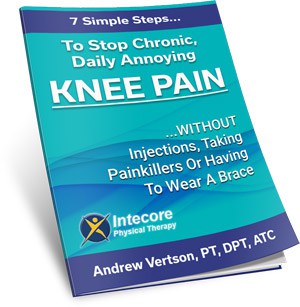
- 7 Ways to Get Rid of Tension Headaches Naturally - July 1, 2025
- Why Are My Feet Swollen? Common Causes Explained - June 2, 2025
- What Is Restless Leg Syndrome? Symptoms, Causes, and Relief Options - May 5, 2025





